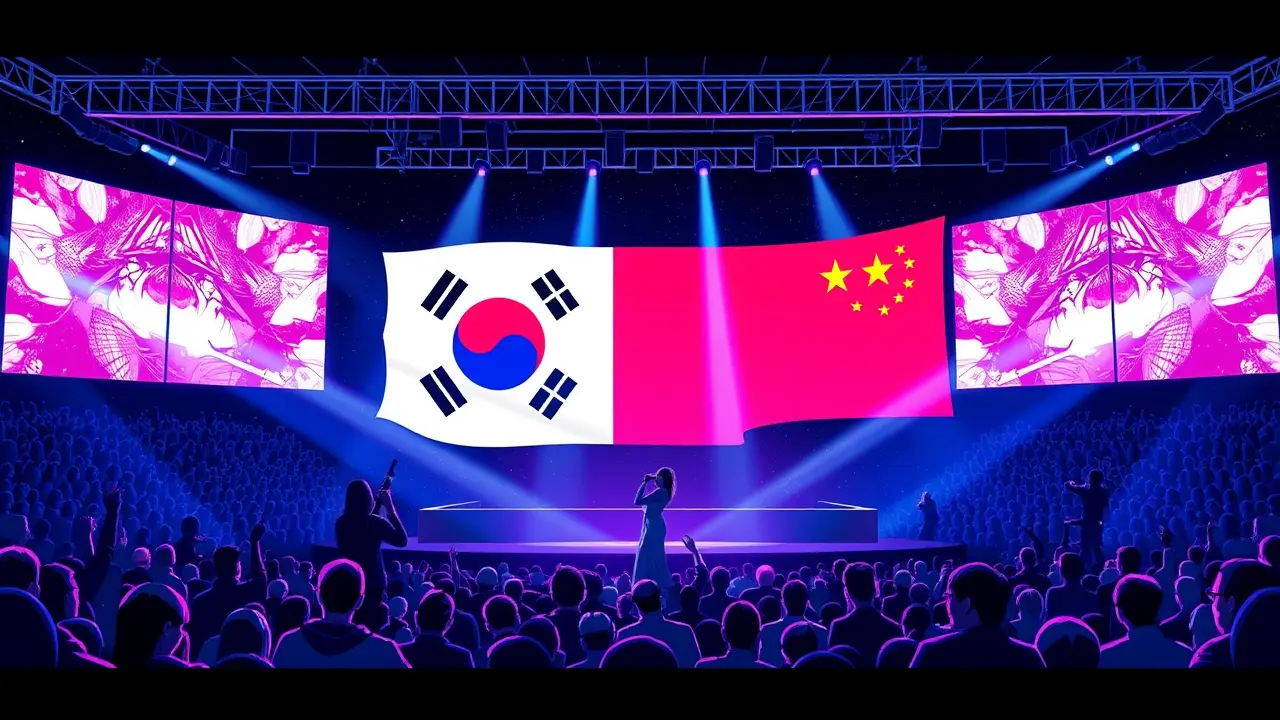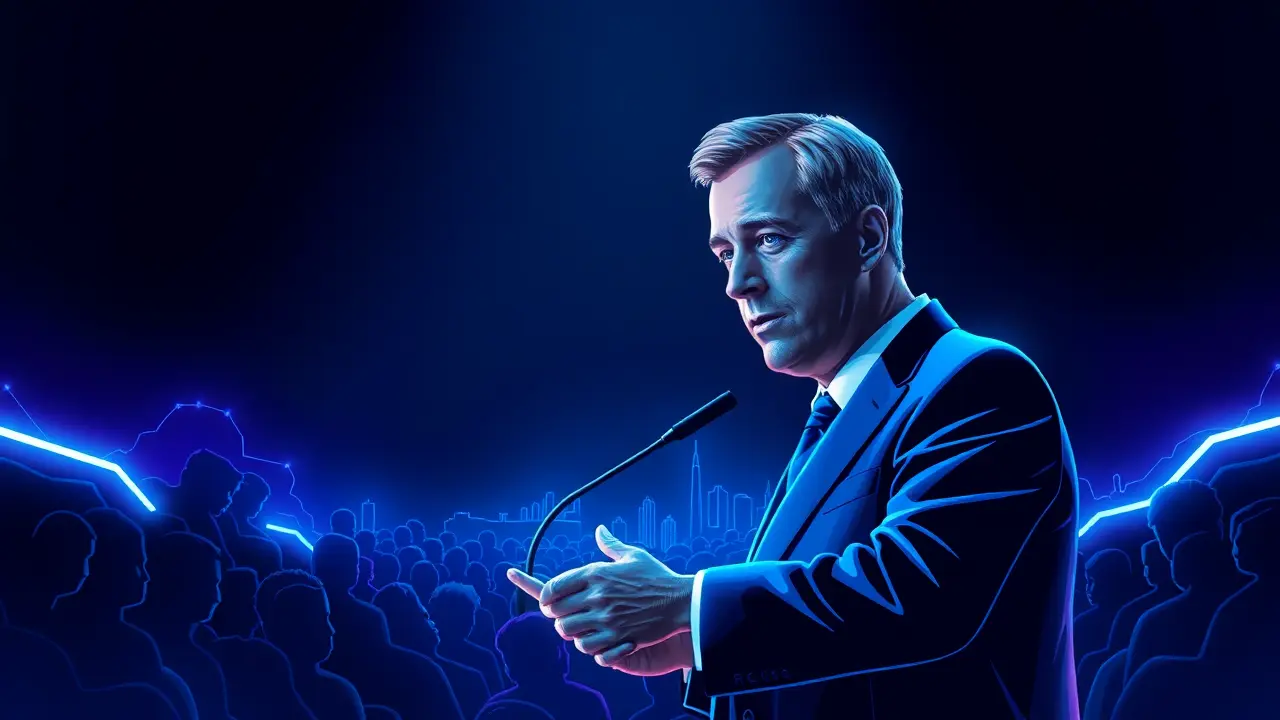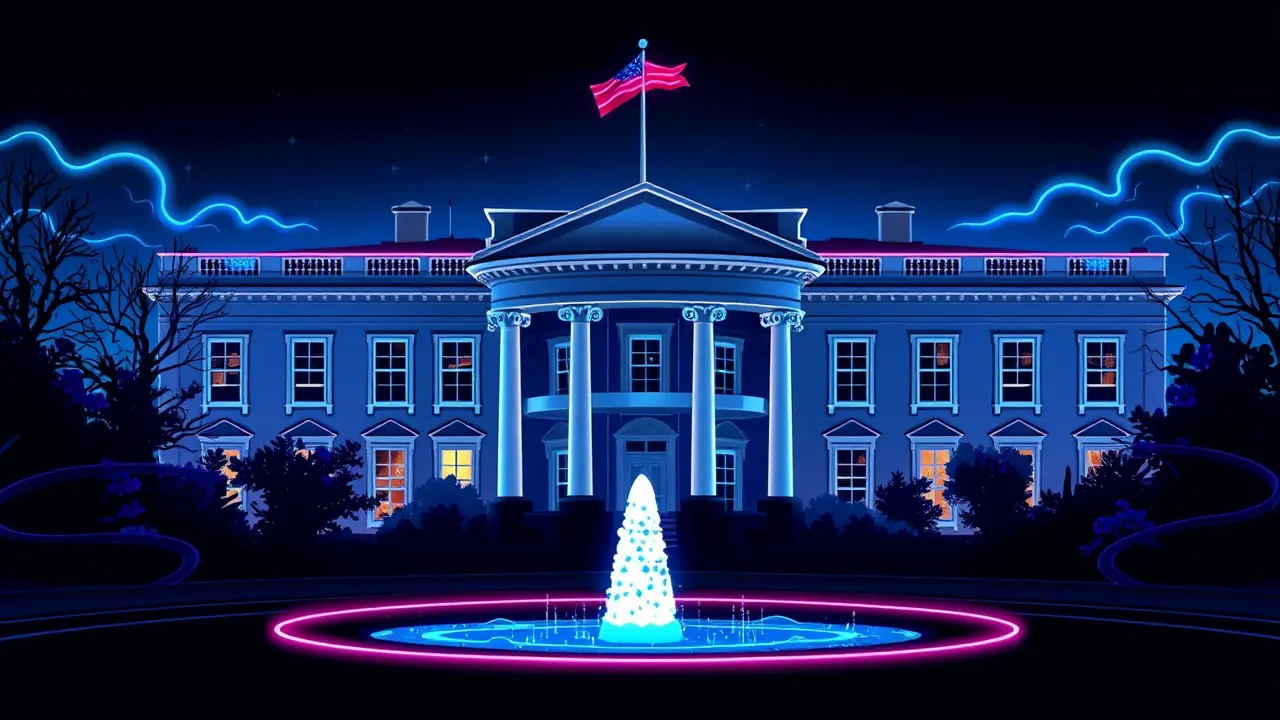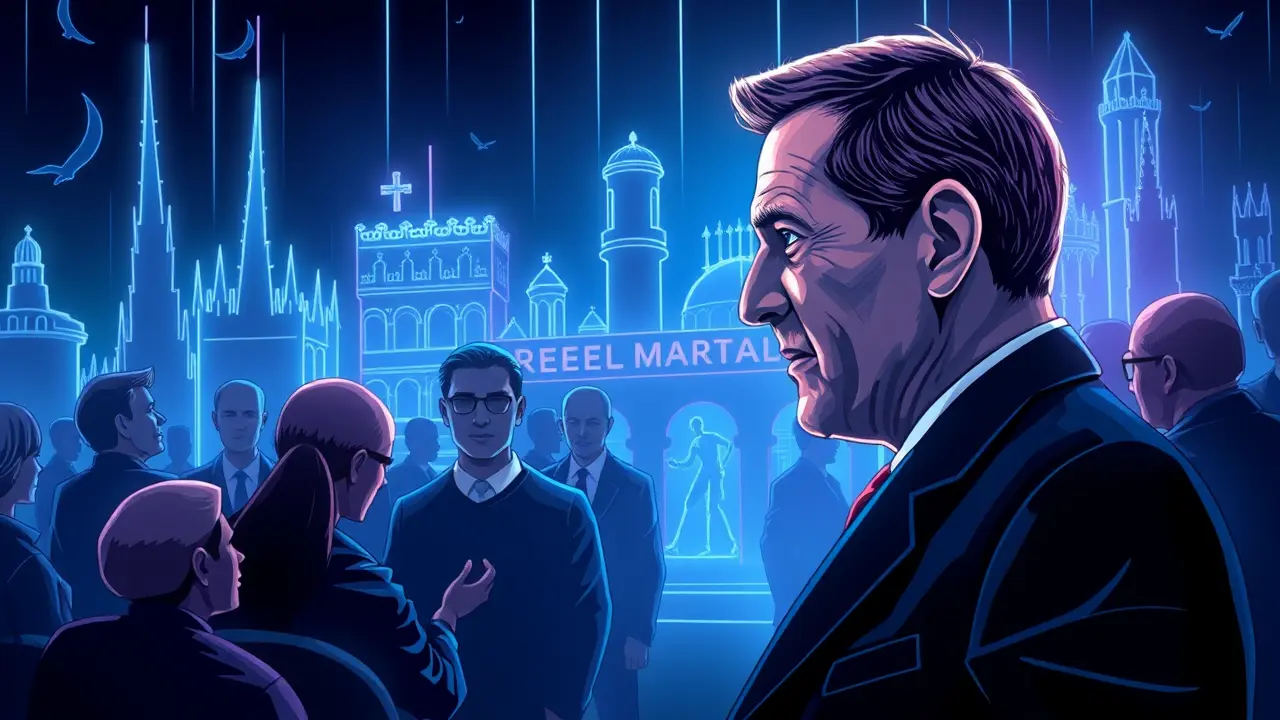
Hottest
PoliticsdiplomacyBilateral Relations
South Korea Hopes Xi's Visit Ends Cultural Ban.
JE
Jessica Stone
8 hours ago7 min read2 comments
Okay, so the K-pop universe is buzzing right now, and it's not just because of a new BTS solo track. The real tea is brewing between South Korea and China, and it’s a saga with more layers than a Blackpink music video.The headline grabbing everyone's attention is about President Xi Jinping's recent visit to South Korea and the whispered hopes that it might finally break the infamous, though unofficial, Chinese ban on Korean entertainment—a cultural cold war that’s been going on since roughly 2016. Let's rewind for a sec.Remember THAAD? It stands for the Terminal High Altitude Area Defense system, a U. S.missile defense shield that South Korea agreed to host. China was *not* having it, viewing the move as a direct security threat.What followed was a brutal, undeclared economic and cultural boycott that hit the Korean Wave, or Hallyu, like a ton of bricks. K-dramas vanished from Chinese streaming platforms, K-pop groups saw their concerts in mainland China canceled overnight, and Korean celebrities became persona non grata on Chinese social media.It was a total vibe kill for an industry that had seen explosive growth, and the financial hit was massive—we're talking billions of won in lost revenue for entertainment giants like SM, YG, and JYP Entertainment, whose stock prices took a nosedive. Fast forward to the present, and the mood is cautiously optimistic, like the feeling when your fandom thinks a disbanded group might reunite.The spark? Lawmaker Kim Young-bae dropped a major hint on social media, stating that President Xi had responded positively to a proposal for a South Korean performance in Beijing. Just that little glimmer of hope was enough to send shares of those same entertainment companies soaring, proving just how hungry the market is for a resolution.But let's be real, the situation is as complex as the plot of a historical K-drama. On one hand, you have the undeniable soft power of Korean culture.From 'Squid Game' dominating global Netflix charts to the unstoppable force of groups like NewJeans and Stray Kids, the demand is clearly there. China's own youth, who grew up on EXO and 'Descendants of the Sun', have been accessing content through backchannels for years.Lifting the ban would be a commercial no-brainer, re-opening a market of 1. 4 billion people to a polished cultural export machine.It would be a full-circle moment, allowing K-culture to advance beyond the shadow of the THAAD dispute. On the other hand, geopolitics is messy.This isn't just about K-pop; it's a high-stakes diplomatic dance. China's willingness to ease the ban could be a strategic lever in broader discussions, perhaps concerning North Korea or aligning with U.S. tensions.Some analysts warn against reading too much into a single performance proposal, suggesting it could be mere political theater rather than a substantive policy shift. The relationship remains fragile, and any misstep could see the door slam shut again.The potential consequences, however, are enormous. A full lifting of the ban would trigger a new golden age for Hallyu, with record labels and production companies scrambling to re-establish partnerships and plan massive tours.It would reshape the entertainment landscape across Asia, reaffirming South Korea's status as a cultural superpower. Yet, the shadow of THAAD serves as a stark reminder of how quickly cultural exchange can become collateral damage in international disputes. So, while the hope is palpable and the stock market is reacting like fans at a concert drop, the industry is holding its breath, waiting to see if this is the real encore or just a soundcheck.
#hottest news
#South Korea
#China
#Xi Jinping
#cultural ban
#K-culture
#THAAD
#entertainment industry
#diplomacy
Stay Informed. Act Smarter.
Get weekly highlights, major headlines, and expert insights — then put your knowledge to work in our live prediction markets.
Related News
© 2025 Outpoll Service LTD. All rights reserved.








